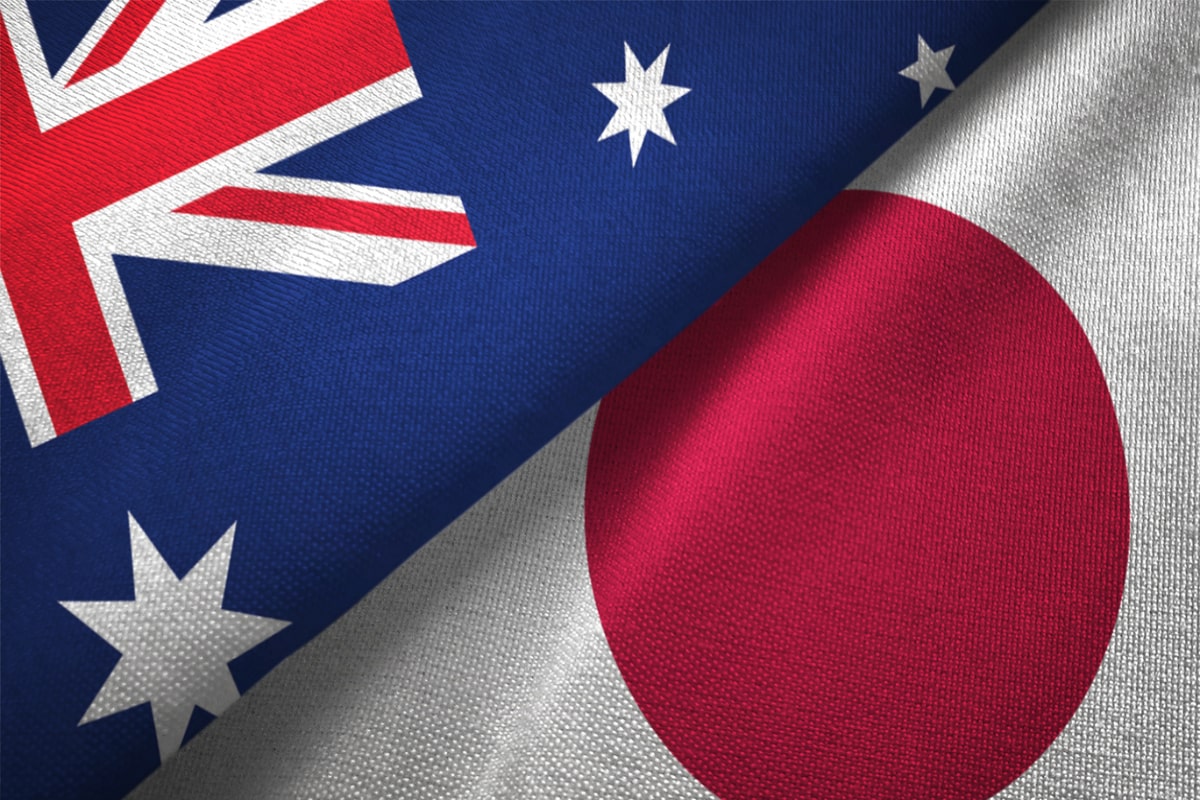Countries highlighted the importance of the Australia-Japan Special Strategic Partnership and vowed to extend investments in strategic sectors.
The Quadrilateral Security Dialogue (Quad) members Australia and Japan held the fifth Japan-Australia Ministerial Economic Dialogue in Melbourne on October 8. The two countries, represented by Don Farrell, Australian Minister for Trade and Tourism, and Japan’s Minister of Economy, Trade, and Industry, Nishimura Yasutoshi, issued a joint statement, highlighting the importance and strength of Australia and Japan’s Special Strategic Partnership, supported by shared values and profound economic and people-to-people relations.
The Dialogue addressed, among other issues, trade, energy security, transition, climate change, and supply chains. The Quad member states, which also include the U.S. and India, repeatedly emphasized the importance of resilient supply chains or critical minerals such as rare earths, highlighting Australia’s large natural resources. Japan and Australia deepened this cooperation just last year.
Additional Investment into Clean Energy Necessary
The dialogue also underscored the importance of additional investments in clean energy and critical minerals to accelerate the transition to net zero while mutually benefitting the Australian and Japanese economies. The Clean Energy Council (CEC), representing Australian businesses operating in solar, wind, and other renewables, argues similarly that Australia will be left behind unless the government significantly ramps up investments in the sector. In its newest report, the organization asserts that Australia needs $10 billion a year for at least ten years, or a minimum of $100 billion, to remain competitive internationally. The CEC advocates for major investment allocations for green hydrogen, green iron, and energy transition minerals processing. Despite lacking the financial firepower like the U.S. under the Inflation Reduction Act, the country is rich in natural resources, which it must leverage, according to the organization.
According to government data, Australia is home to the third-largest lithium resources worldwide, accounting for almost half of the world’s production. In addition, Australia’s rare earth resources are the sixth largest worldwide, accounting for eleven percent of the world’s output. Both minerals are considered critical and are essential for clean energy production, electric vehicles, and other high-tech applications. Copper, needed for most electrical wiring, for example, is also one of Australia’s strategic assets. It is home to the world’s second-largest copper resources (PDF), behind Chile.
Photo: iStock/Oleksii Liskonih


